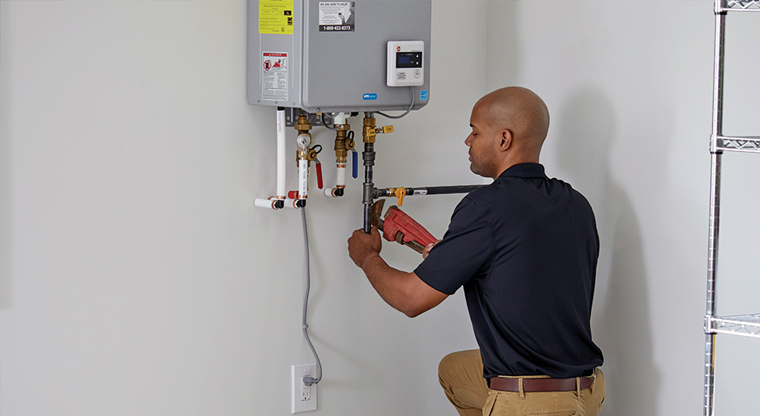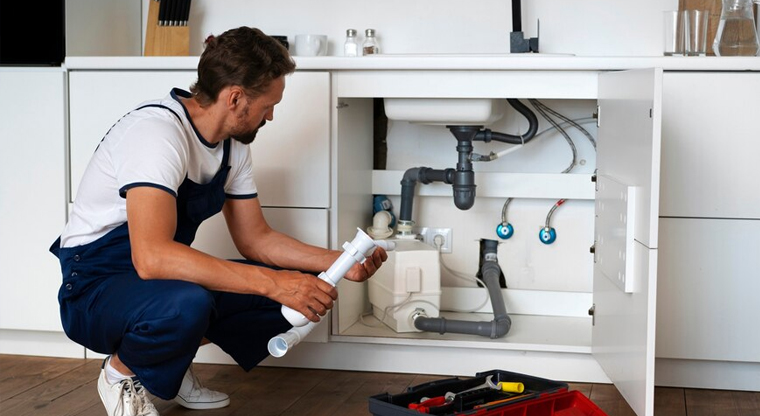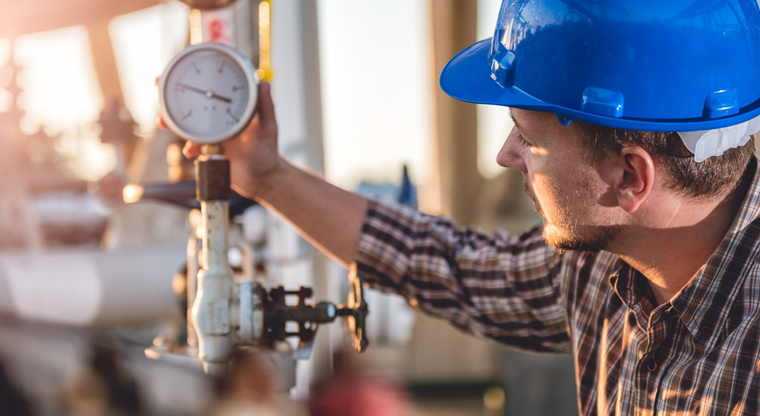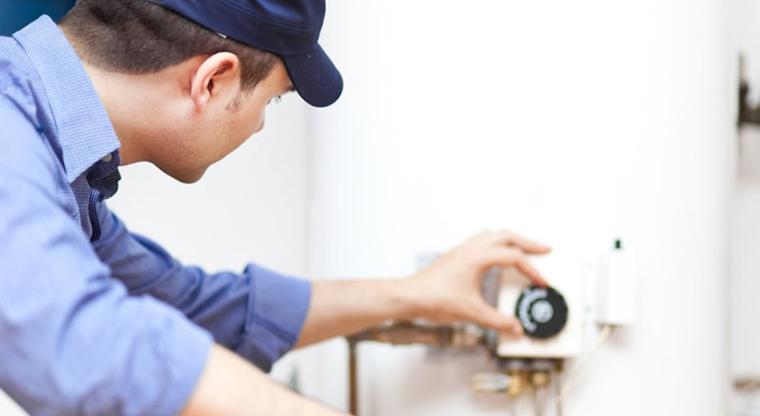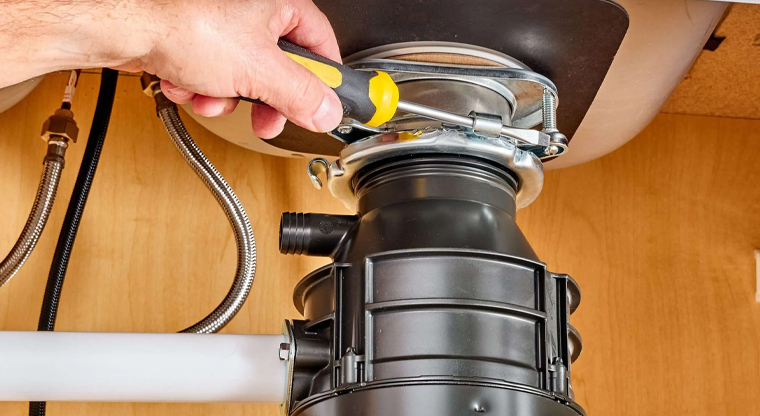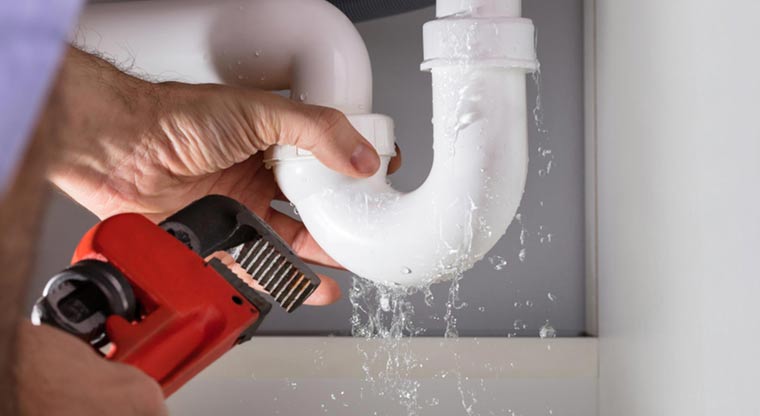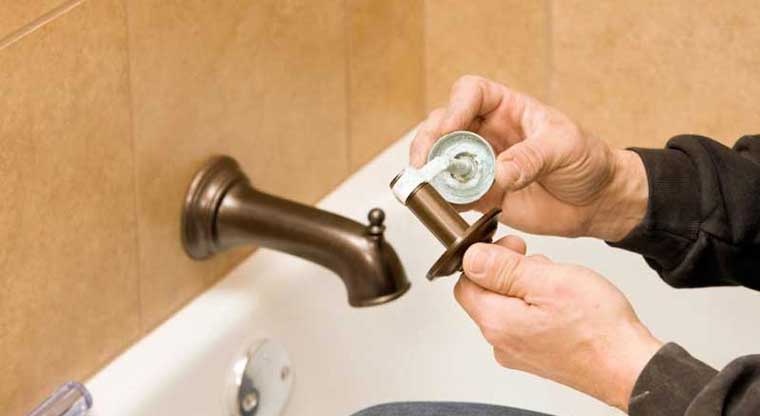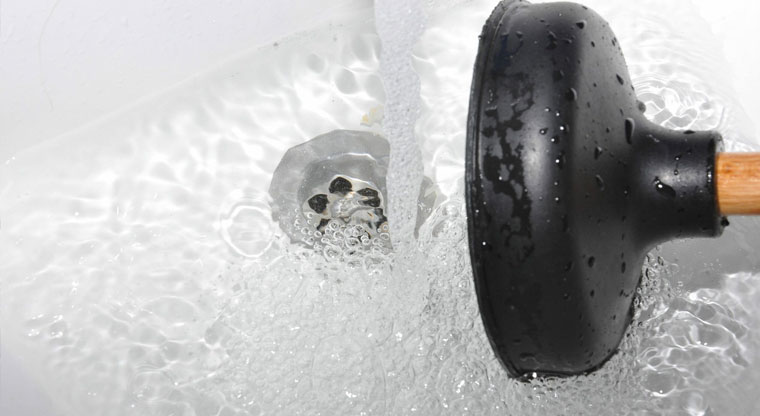Go-To Guide for Water Heater Setup and Fixes: Electric, Gas, and Tankless Systems Made Simple
A good water heater is a must for any home. It keeps you comfortable, clean, and efficient all year long. Whether you're upgrading to a better system or fixing your old one, knowing how to install and repair electric, gas, and tankless water heaters can help you decide what's best for keeping it running safely and efficiently for years to come.
In this complete guide to water heater installation and repair in Chico, CA, we'll cover everything from choosing the right system to proper installation, maintenance, and troubleshooting common issues --- all made simple for homeowners.
Getting to Know Water Heater Types
Before you start setting up or fixing anything, it's good to know about the three main kinds of water heaters that homes and businesses use: electric, gas, and tankless systems.
1. Electric Water Heaters
Electric water heaters are super common and easy to install. They use electric heating elements to warm the water stored in a tank.
Pros:
- Cheaper to buy upfront
- Easy to install and maintain
- No gas lines or vents required
Cons:
- Uses more energy than gas models
- Takes longer to heat water
2. Gas Water Heaters
Gas water heaters use natural gas or propane to heat water. They're ideal for larger families because they heat water faster and are generally more energy-efficient.
Pros:
- Lower operational cost
- Heats water quickly
- Works even during power outages
Cons:
- Requires proper ventilation and gas hookups
- Slightly higher installation cost
3. Tankless (On-Demand) Water Heaters
Tankless water heaters heat water only when you need it, so you get endless hot water without storing it in a tank.
Pros:
- Saves energy and space
- Provides continuous hot water
- Longer lifespan
Cons:
- Higher upfront cost
- May need upgraded gas or electrical systems
Picking the Right Water Heater for Your Home
Choosing the best water heater system depends on your household size, energy source, hot water usage, and budget.
Consider these factors:
- Energy Efficiency: Choose models with a high Energy Factor (EF) rating to save on energy bills.
- Size: Pick the right capacity to avoid running out of hot water or wasting energy.
- Space: Tankless water heaters save space, while traditional tanks require dedicated installation areas.
- Water Quality: If your area has hard water, choose a tank that's corrosion-resistant.
How to Install a Water Heater: Step-by-Step Guide
Proper water heater installation is key for efficiency, performance, and safety. Whether you're replacing an old unit or installing a new one, each type has specific setup steps.
Installing an Electric Water Heater
- Turn Off the Power: Shut off electricity at the circuit breaker.
- Drain the Old Tank: Attach a hose to the drain valve and empty it completely.
- Disconnect Old Connections: Carefully remove electrical and plumbing lines.
- Position the New Heater: Place it on a flat, stable surface with adequate clearance.
- Connect Water Lines: Use plumber's tape and secure fittings.
- Wire the Unit: Connect color-coded wires and tighten connections.
- Fill and Test: Refill the tank, check for leaks, and restore power to test heating.
Installing a Gas Water Heater
- Turn Off Gas and Water Supply: Safety first---shut off both before removal.
- Set Up Ventilation: Ensure proper airflow to prevent carbon monoxide buildup.
- Install and Connect Lines: Use the correct fittings for water and gas lines.
- Check for Leaks: Use a leak detector solution on the gas line.
- Light the Pilot: Follow the manufacturer's directions carefully.
- Test Functionality: Ensure consistent heating and good ventilation.
Installing a Tankless Water Heater
- Pick a Location: Typically mounted near existing water lines.
- Install Venting: Tankless systems require proper exhaust venting.
- Connect Gas or Electricity: Depending on your unit type.
- Attach Water Lines: Securely connect all lines and valves.
- Run a Test: Turn on hot water taps to check temperature and flow.
Common Water Heater Problems and Fixes
Even with maintenance, water heaters can face issues. Catching them early helps prevent costly repairs or replacements.
1. No Hot Water
- Electric: Check the breaker and heating elements.
- Gas: Make sure the pilot light is lit and working properly.
2. Water Not Hot Enough
- Adjust the thermostat.
- Flush the tank to remove sediment buildup.
- Replace faulty parts if necessary.
3. Leaks
Leaks can come from faulty valves, loose connections, or corrosion. Inspect and fix immediately to avoid water damage.
4. Strange Noises
Popping or rumbling sounds indicate sediment buildup. Flushing the tank often resolves this.
5. Weak Water Flow
Inspect valves, filters, and pipes for blockages or mineral buildup.
How to Maintain Your Water Heater for Longer Life
Regular water heater maintenance extends its lifespan, improves performance, and saves on energy costs.
- Flush the Tank: Remove sediment buildup every 6--12 months.
- Check the Anode Rod: Replace every 3--5 years to prevent corrosion.
- Set the Right Temperature: 120°F is ideal for efficiency and safety.
- Test the Pressure Relief Valve: Ensures the system releases excess pressure safely.
- Inspect Ventilation and Wiring: Keep airflow clear and electrical connections secure.
When to Call a Professional
While DIY maintenance can solve minor issues, professional water heater installation and repair ensure safety, code compliance, and warranty protection. Certified plumbers and technicians can accurately diagnose complex problems and handle gas or electrical work safely.
New Water Heater Technology for Energy Savings
Modern energy-efficient water heaters offer innovative technology to save power and money.
Consider upgrading to:
- Heat Pump Water Heaters: Use ambient air to heat water efficiently.
- Wi-Fi Enabled Systems: Monitor and control your heater remotely.
- Solar Water Heating Systems: Harness solar energy for sustainable hot water supply.
Wrapping Up
Whether you're dealing with an old water heater, installing a new one, or performing repairs, understanding how to handle electric, gas, and tankless water heater systems helps you make smarter, safer, and more cost-effective decisions.
With proper maintenance, expert help, and energy-efficient upgrades, you can enjoy reliable hot water, reduced energy bills, and a longer-lasting system. Contact us to know more.





